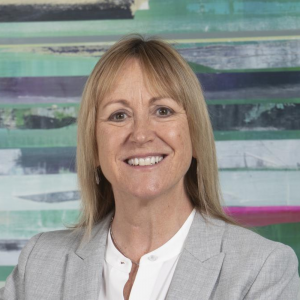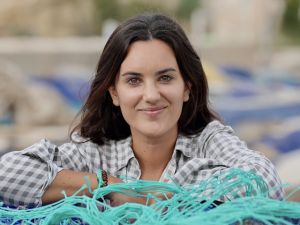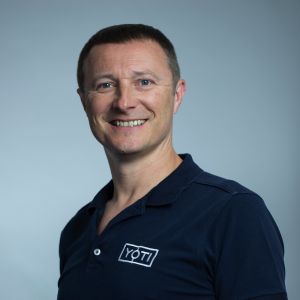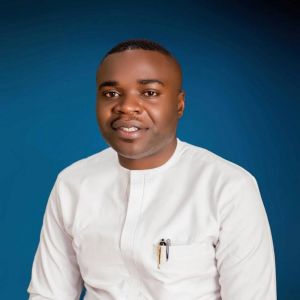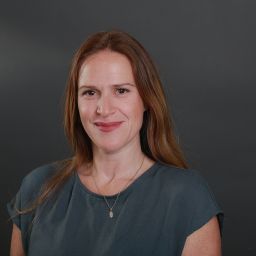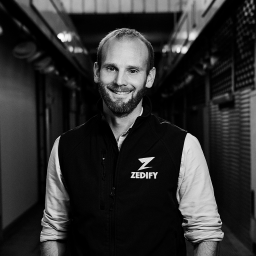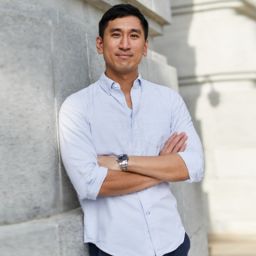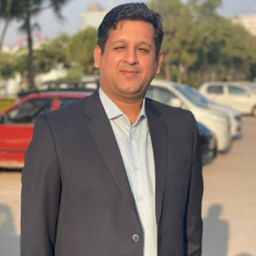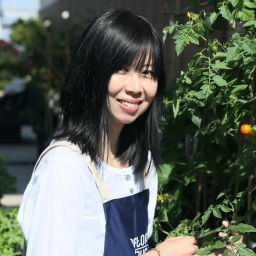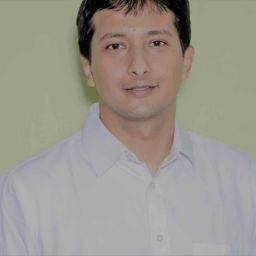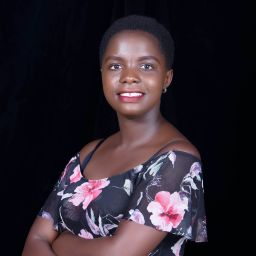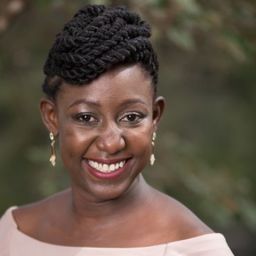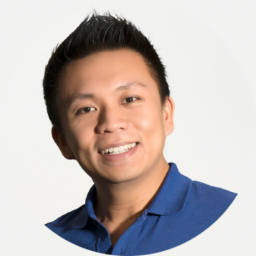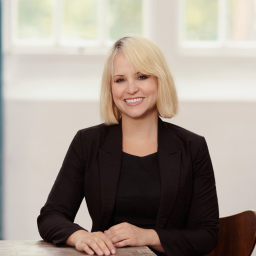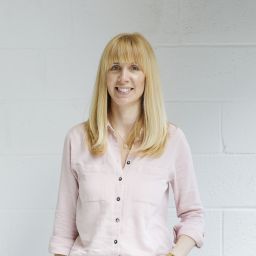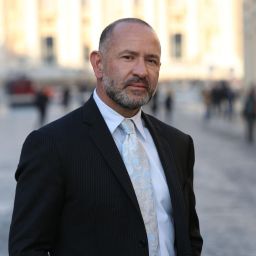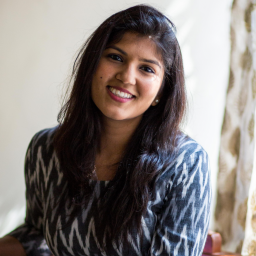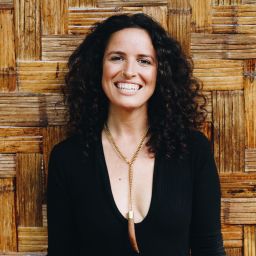Meaningful Business (MB:) Please tell us a bit about your background.
Chad Robertson (CR): I am a social entrepreneur, inclusive innovator, animal lover, environmentalist and fitness and gardening enthusiast. I’m currently the Co-Founder and CEO of Regenize, a waste management solution on a mission to make zero-waste services accessible, attainable and inclusive.
I have a background in software development and was most recently a student at the University of Cape Town – Graduate School of Business, completing my MPhil in Inclusive Innovation, focusing on the informal waste sector in South Africa.
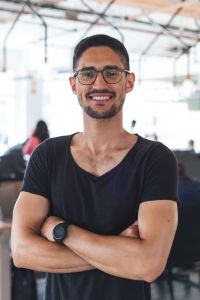
Chad Robertson, Co-Founder and CEO of Regenize
MB: Please introduce your business and the problems you’re trying to solve.
(CR): South Africa’s waste situation is similar to its wealth gap situation. On one end of the spectrum, 34% of citizens do not have regular waste collection services. On the other side, upper-income communities receive a recycling collection service from the government, and strive towards living a zero-waste lifestyle by shopping at zero waste shops. This gap results in only 7.5% of South Africans recycling.
However, we have high recycling rates, higher than some more developed nations. How is this possible with only 7.5% of the citizens recycling? It is primarily thanks to the informal waste workers, known as waste pickers or reclaimers. They collect up to 90% of all the paper and packaging waste we recycle as a country. Yet, they work in dangerous and undignifying conditions, scratching refuse bins or landfills to retrieve recyclables. Also, they only have a small window to collect as they need to compete with other waste pickers or the municipal waste collection truck on collection days.
This is where Regenize comes in. We have built a recycling solution for our context, focused on democratising access to residential recycling services and ensuring it is inclusive by working with waste pickers. We provide a freemium recycling collection service that rewards residents with Remali, a virtual currency.
Our free collection model is focused on low-income communities that generally do not have access to recycling collection services. We also partner with waste pickers and integrate them into our model. We provide them with uniforms and locally produced zero-emitting recycling tricycles and connect them to households with cleanly separated recyclables.
We also set up Decentralised Recycling Hubs where the waste pickers can offload and sort. We are not just integrating them but also dignifying their role, and assisting them with getting bank cards, provide training on technology and customer service, getting a stable income, access to PPE and micro-loans.
Residents can sign up for our service online, via USSD or through a sales agent. From there, they receive a starter kit that teaches them how to recycle and their day of collection via SMS or email. In our free collection areas, a waste picker will be assigned to collect from that address and upload the collection stats to the collector’s app. Once the data has been captured, the resident’s Remali will be updated. Remali can be redeemed online for various rewards, such as airtime, data or grocery vouchers. Alternatively, residents can use a QR code to access their Remali at a local shop in their community that has partnered with Regenize.
MB: What is your biggest challenge right now and what support do you need?
(CR): My current biggest challenge is managing the process of introducing new concepts into our business offering while managing and growing our current recycling operation with limited resources. These new concepts, which focus on our mission’s reduce and reuse elements, are imperative to our strategy. However, we introduced them earlier than planned. It’s exciting and challenging, but it is also diluting my focus.
Support in guidance or mentorship on how to best manage a business during this new phase of our journey would be helpful. Also, connections to potential funders who can help ensure we have enough resources to back a grand mission like ours.
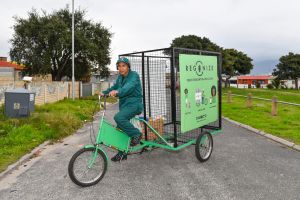
Regenize worker on recycling tricycle
MB: What is your ambition for the future of your business?
(CR): Our mission is to ensure that zero-waste services such as reducing, reusing and recycling services are accessible, attainable and inclusive. Over the next few years, our focus will be on expanding our recycling model throughout Cape Town and then the rest of South Africa. We will also continue to develop and expand our zero-waste service and Remali.
MB: What is your advice to other leaders who want to combine profit and purpose?
(CR): Be brave in your decision making, especially when you have to choose between your mission and economics.
________
Quickfire Questions
MB – Tell us a mistake you’ve learned from:
(CR): We initially intended to work with the local municipality to set up our decentralised recycling hubs for the free recycling model. This made much sense for scaling versus partnering with many different private organisations. However, we wasted six months going to meetings and presenting to various departments, which led us to a department that had no interest in working with us and essentially wasted all that time. The lesson learned was to find partners that will not jeopardise your project, especially when you have a short runway.
MB – How do you spend your time away from work?
(CR): Currently, my wife is six months pregnant. Therefore, much of my time is spent preparing for our first child. The rest of my time gets split into gardening, exercise and spending time with my family.
MB – What’s the best piece of advice you’ve ever received?
(CR): The fight against climate change will be more powerful when the majority of the population has the ability to join the fight.
MB – What is the one book everyone should read?
(CR): The 5am Club.
MB – What is something you wish you were better at?
(CR): Musical instruments (I cannot play any!)
MB – What’s one thing you want to achieve in 2022?
(CR): Meet all my big five targets for the year.
________
Discover the other leaders recognised on the 2021 MB100, for their work combining profit and purpose to help achieve the United Nations Global Goals, here.


